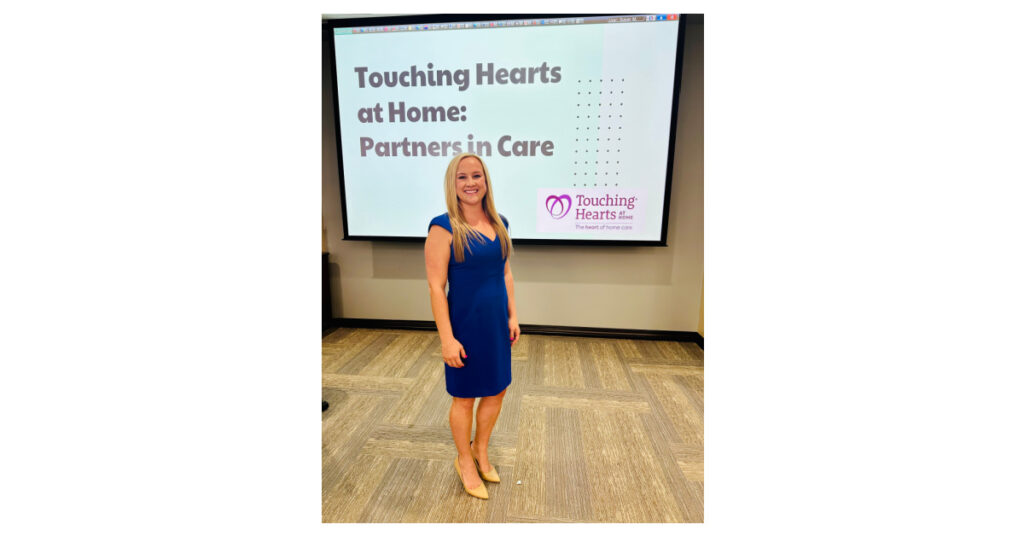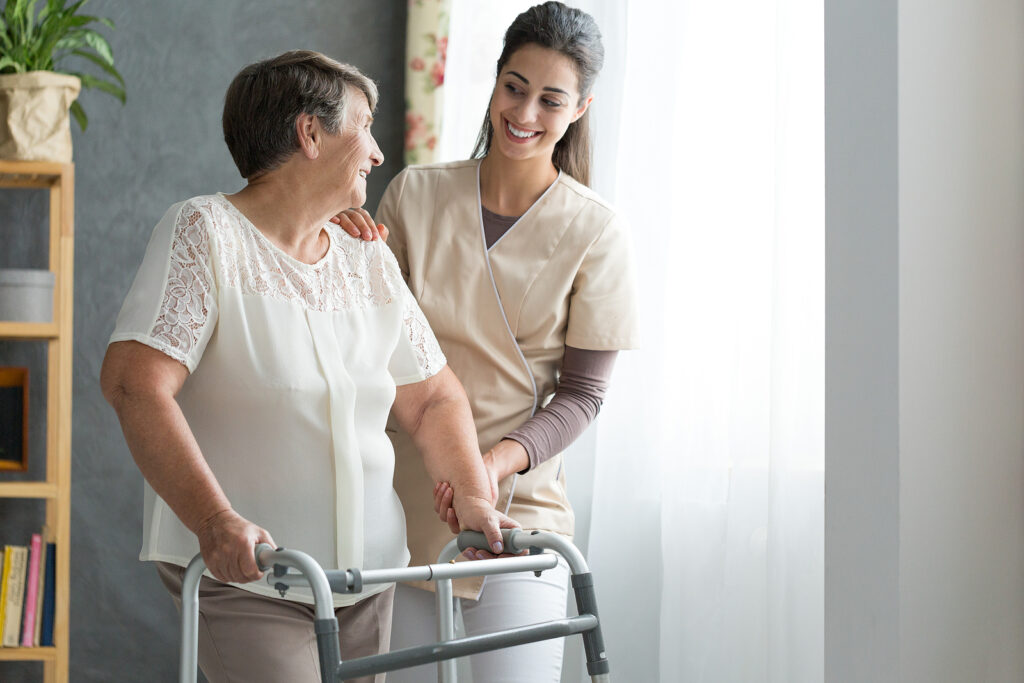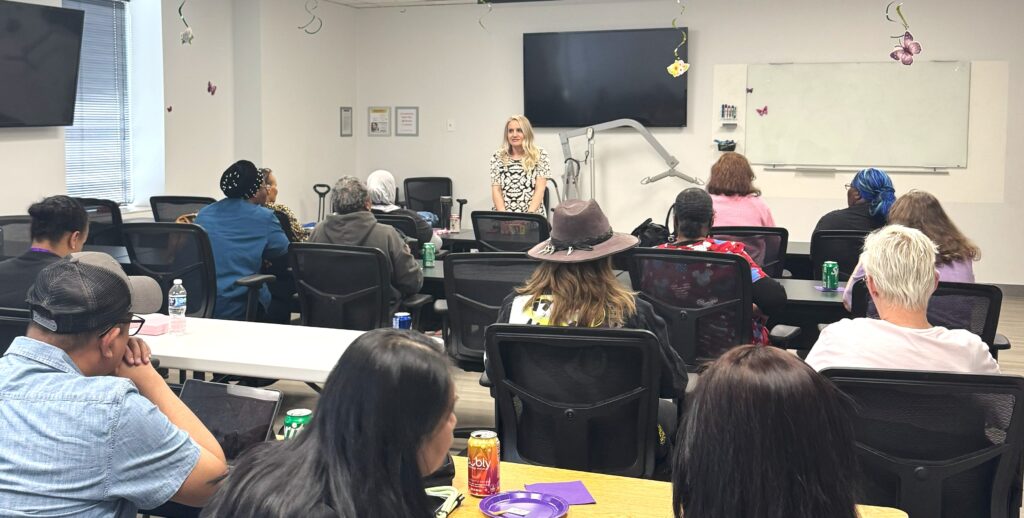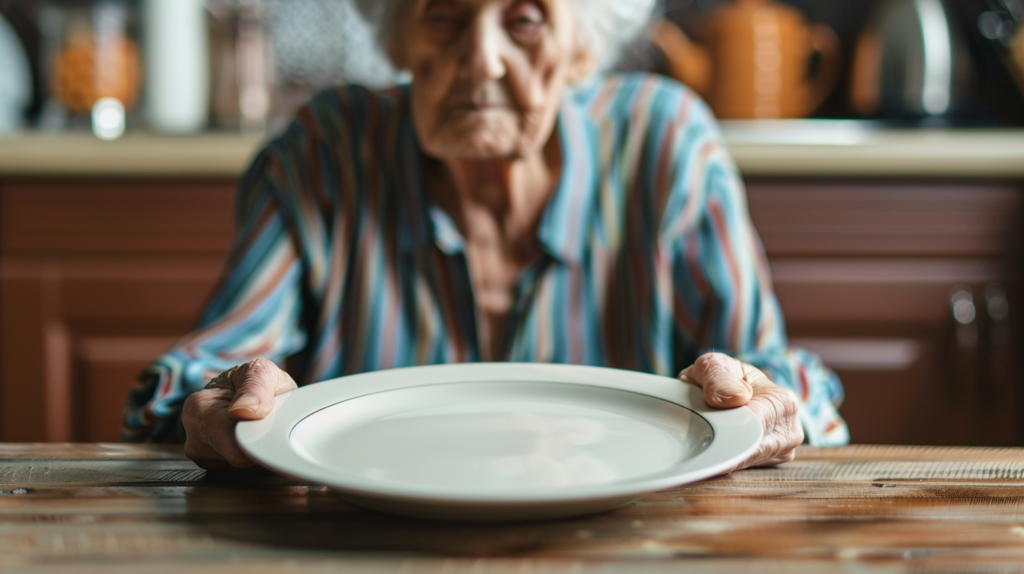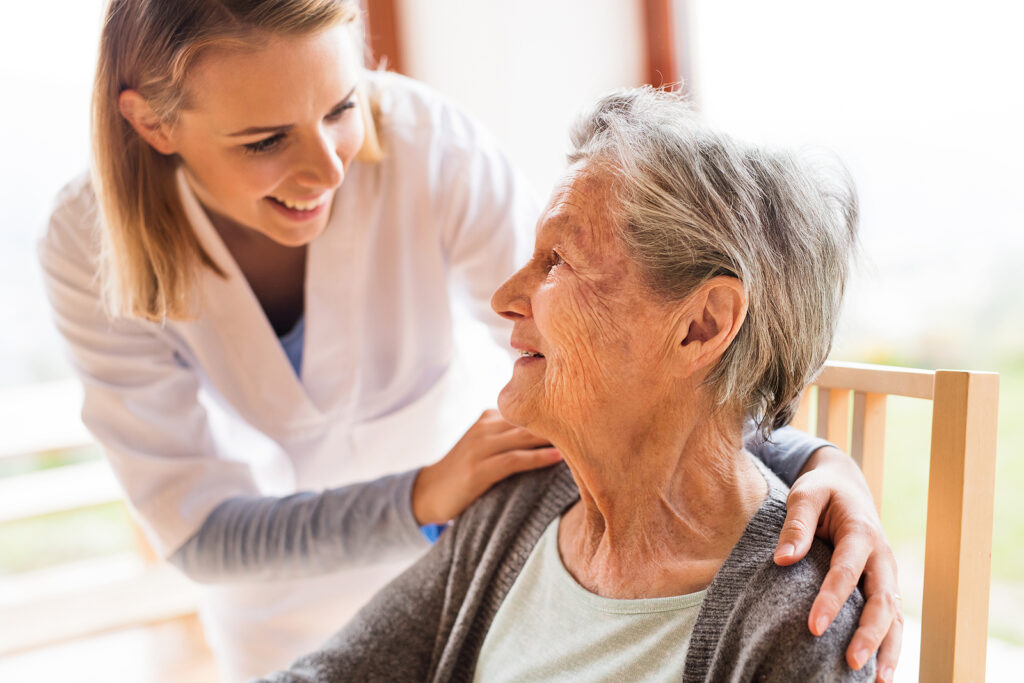Survivor Day
Older adults make up 12% of the US population, but account for 18% of all suicide deaths. This is an alarming statistic, as the elderly are the fastest growing segment of the population, making the issue of later-life suicide a major public health priority.
An obstacle faced by mental health professionals and other caregivers in supporting this group is that older adults do not usually seek treatment for mental health problems. Because of this, family, friends, and caregivers can play an important role in prevention.
What are the Warning Signs?
- Loss of interest in things or activities that are usually found enjoyable
- Cutting back social interaction, self-care, and grooming
- Breaking medical regimens (such as going off diets, prescriptions)
- Experiencing or expecting a significant personal loss (spouse or other)
- Feeling hopeless and/or worthless
- Putting affairs in order, giving things away, or making changes in wills
- Stock-piling medication or obtaining other lethal means
- Other clues are a preoccupation with death or a lack of concern about personal safety. Remarks such as “This is the last time that you’ll see me,” or “I won’t be needing anymore appointments” should raise concern.
- The most significant indicator is an expression of suicidal intent.
Courtesy of the National Institute of Mental Health.
There are countless reasons that older adults are more susceptible to the nation’s 10th leading cause of death. One of the most prevalent is loneliness. Our elder population often live in isolation and may be struggling with the death of a lifelong husband or wife, or with the grief of losing other close family or friends.
With children often far from home, parents and grandparents can be left miles away, craving the love and human connection family visitation brings. For an older person living in isolation, having reliable home care company, for just a few hours or 24/7, is life support.
Home care companies like Touching Hearts at Home list “Companion Care” as one of the services provided by their staff of trained caregivers. Professional home care can be the answer by providing the vital role of companionship. People need people.
If you or someone you know may be considering suicide, contact the National Suicide Prevention Lifeline at 1-800-273-8255 (En Español: 1-888-628-9454; Deaf and Hard of Hearing: 1-800-799-4889) or the Crisis Text Line by texting HOME to 7417.
-Ramona Hunt, M.S. Director of Leadership & Development, Touching Hearts, Inc.
You may also like:
How Companion Care at Home Brings Comfort During National Osteoporosis Awareness Month
Companion Care at Home in Centennial CO: Companion care at home helps seniors with osteoporosis stay active and safe.
Elevating Care: The Impact of Ongoing Training at Touching Hearts at Home
At Touching Hearts at Home, we understand that caregiving is both an art and a science, requiring continuous learning and…
6 Signs Your Senior May Need Home Care Assistance
Home Care Assistance in Castle Pines CO: Here are six signs that your senior loved one may be struggling to…
Overcoming Mobility Challenges with Parkinson’s Disease
In-Home Parkinson's Care in Centennial CO: In-home Parkinson's care helps seniors manage mobility challenges and maintain independence.
Preparing for the Future with Advanced Directives
Planning for the future can bring peace of mind to seniors and their families. One way to ensure that personal…
What is the Difference Between Home Care and Home Health Care?
When seeking in-home support for a loved one, it’s crucial to understand the distinction between home care and home health…
Honoring Social Workers in Denver
March is Social Work Month! This year’s theme, “Social Work: Compassion + Action,” highlights the incredible impact social workers have…
Save Your Vision Month: Recognizing the Signs of Vision Loss in Seniors
Vision changes are a natural part of aging, but some seniors experience more serious vision reduction or even complete vision…


